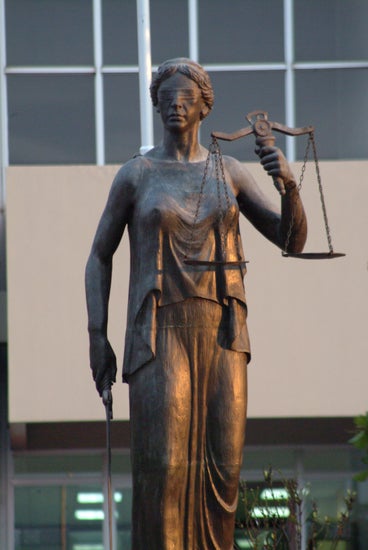Decentralization and Local Government Strengthening Program II (DLGP II) is the continuation of the first project under the same name, which was also financed by the IDB.
DLGP II continues to support Suriname’s local government decentralization efforts and to contribute toward attaining a core legal framework, the program also assists new pilot districts of Paramaribo, Sipaliwini, Saramacca, Coronie, and Brokopondo to obtain adequate institutional capacity for fiscal self-management and capacity for managing capital investment. In addition, the program has assisted the certified districts of Wanica, Para, Nickerie, Commewijne, and Marowijne in implementing community‑based basic infrastructure investment projects and local services.
One of the highlights of this project is that the districts have been further enabled to do their own financial administration and prepare their own budget. As Jane King, District Administrator of Para, shares, “Previously, if we [the District Commissariat of Para] needed a pencil, we would fill in a purchase order, travel 45 km to Paramaribo to bring it to the Ministry of Regional Development, wait until they had processed the purchase order, bought the pencil and transported it back to the District Commisariat of Para. Now, we collect our own income, plan for the activities we can execute from our budget, and manage our own budget. So the process of buying a pencil occurs more quickly within the Commissariat – but more important – for executing the necessary infrastructure within the district.”
To reach this stage, DLGP II facilitated the creation of a financial administrative department within the district commissariat. At the head of this department is the district administrator supported by his or her staff. The district administrator position was created within the DLGP programs. The district administrator and relevant staff were trained extensively in financial administration and reporting and budgeting. The financial administrative department is responsible for the income, planning, and financial administration in the district.
At present, DLGP II is in its final stages. Much work needs to be conducted before the principle of decentralization is functioning to everyone’s satisfaction; however, with the two decentralization projects in place, important steps have been taken toward that goal.



Leave a Reply